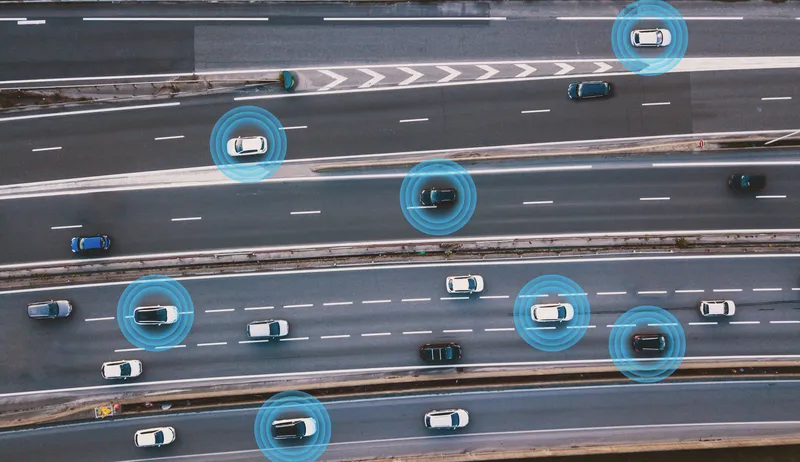NTT DoCoMo, Japan's largest mobile carrier, will use location data from its 61.5 million subscriber devices to build a platform that monitors traffic conditions across the country. DoCoMo said it will use its access to massive amounts of location data to build a cloud platform of traffic information on which services can be built. The company will target individual consumers with products like navigation and drive recording services, and corporate clients such as car insurance companies with traffic monitor
May 14, 2013
Read time: 2 mins
DoCoMo said it will use its access to massive amounts of location data to build a cloud platform of traffic information on which services can be built. The company will target individual consumers with products like navigation and drive recording services, and corporate clients such as car insurance companies with traffic monitoring and analysis.
The company is to invest US$500 million to take a seven per cent share in struggling Japanese electronics manufacturer Pioneer as part of the effort. Pioneer is a major manufacturer of car navigation products, and already uses DoCoMo's networks for wireless services in its systems. The firms will aim to begin rolling out new services together from this year.
Pioneer recently announced a new car navigation system it will launch this summer that automatically snaps images at popular driving spots and shares them among drivers in real-time to provide information on road conditions.









